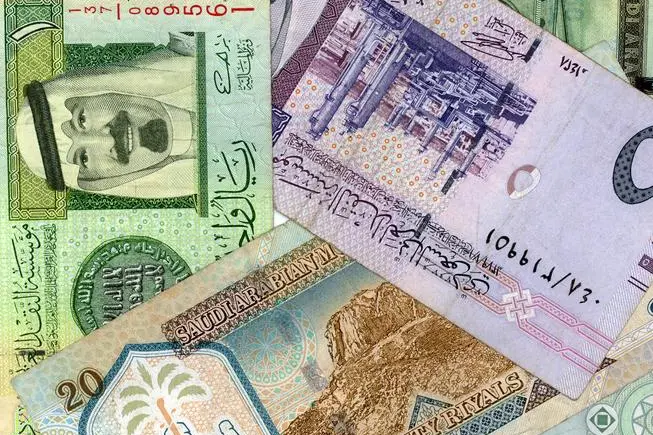PHOTO
JEDDAH: The Saudi Arabian Monetary Authority (SAMA) will quarantine the banknotes and coins it receives from local and international sources as a precautionary measure to prevent the spread of the novel coronavirus.
The authority said currency, along with electronic payment tools, are considered possible ways in which the virus can be passed on. It will therefore isolate notes and coins in sealed units for between 14 and 20 days, with the duration depending on where the cash came from. Additional steps will also be taken to further reduce health risks.
“Banknotes and coins will undergo a special treatment mechanism to ensure they are safe to use,” according to SAMA. “Then they will be sorted by machines automatically in accordance with the authority’s stringent quality standards, with dirty or unfit notes destroyed immediately.”
The treated notes and coins will be stored in the authority’s treasury and delivered to banks upon request, allowing them to be held in isolation for a longer period.
Economist and financial analyst Talat Zaki Hafiz said that these precautionary measures will not affect cash flow in local money markets. “The monetary authority, with its decades of experience, acts in accordance with its very precise calculations,” he said. “There is a careful balance between the isolation period for the banknotes, the amount of isolated cash and the amount the local monetary system and markets need, also taking into consideration the cash availability in its treasury.”
Hafiz added that the decision to quarantine currency is not unusual.
“Isolation procedures frequently take place during similar health crises,” he said. “Ensuring the safety of banknotes and following a treatment mechanism is a norm at the monetary authority and various banks.”
SAMA said it will continue to track the effects of the pandemic on all economic sectors, including banking and finance. It also offered an assurance that it will continue to provide all necessary support to help maintain the integrity and stability of the financial sector.
The authority has implemented a range of precautionary measures to counter the effects of the coronavirus crisis on the economy, including new policies and an expansion of its supervisory role.
It has called on banks to help individual and business clients cope with the effects of the pandemic through the provision of financing opportunities, reduced service costs and exemption from certain fees, among other measures. The authority also highlighted the need for support from financial institutions to help the private sector mitigate the effects of reduced cash flows during the outbreak.
Copyright: Arab News © 2020 All rights reserved. Provided by SyndiGate Media Inc. (Syndigate.info).





















